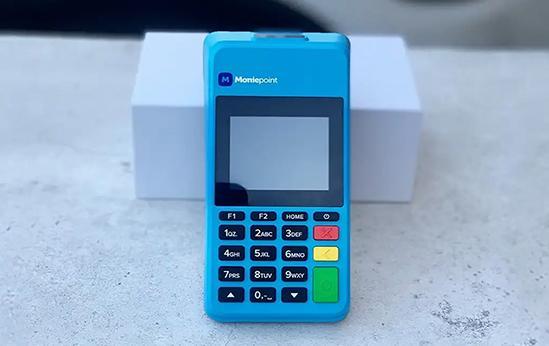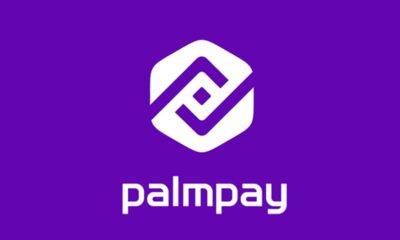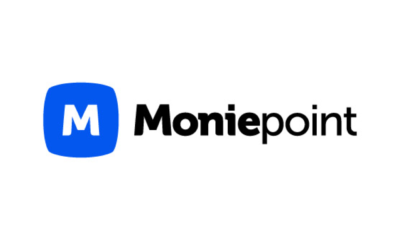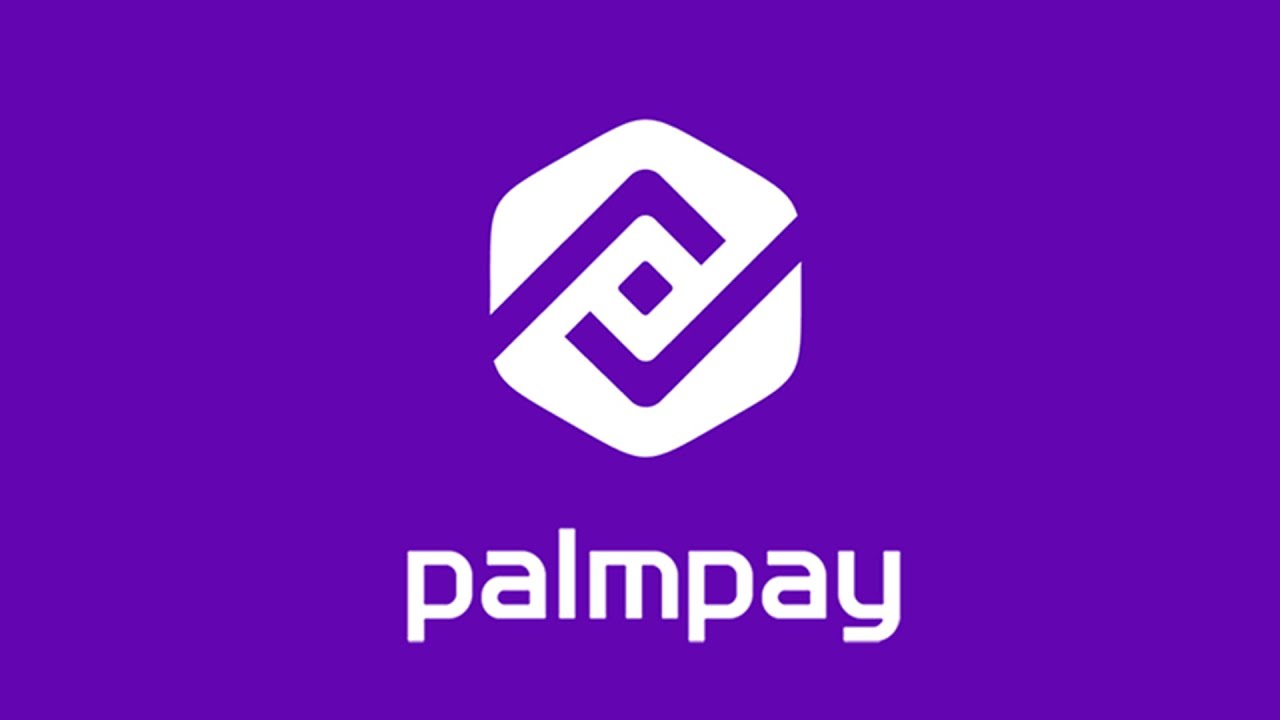The prevalence of fraud and forgery in Nigeria’s payment system has shown a significant shift in the first quarter of 2024, with Point-of-Sale (POS) transactions experiencing the highest increase in fraudulent activities.
According to the “Fraud and Forgeries Report in Nigerian Banks” for Q1 2024 by the Financial Institutions Training Centre (FITC), POS fraud cases surged by 31.12%.
In Q4 2023, there were 2,683 reported cases of fraud associated with POS terminals. However, this number escalated to 3,518 cases by Q1 2024.
POS fraud cases made up 30.67% of the total fraud cases (11,472) recorded in the quarter under review.
Financial Impact of POS Fraud
While there was a rise in fraud cases, the amount of money involved in POS fraud declined. In Q4 2023, the total amount involved in POS fraud was NGN604.91 million.
This amount decreased by 37.74% to NGN376.59 million by Q1 2024.
Also, the amount of money lost to POS fraud saw a significant decline, falling from NGN14.62 million by 68.34% to NGN4.63 million on a quarterly basis.
The decrease in financial losses may indicate improved detection and prevention measures, but the overall rise in fraud cases highlights the need for continued vigilance.
Adoption of POS Terminals
The rise in POS fraud cases is attributed to the widespread adoption of these terminals by merchants and consumers alike.
As a cash-driven Nigerian economy, the convenience and efficiency of POS transactions have made them a popular choice.
However, this widespread adoption has also made them a target for fraudsters seeking to exploit vulnerabilities in the system.
In Q1 2023, the number of registered POS terminals increased by 218,475, from 2,318,947 in January 2023 to 2,537,422 by March 2023.
By the same quarter in 2024, the number of registered POS terminals had increased by 289,154, from 3,441,287 in January 2024 to 3,730,441 by March 2024.
Overall, between the end of Q1 2023 and Q1 2024, Nigeria witnessed an additional 1,193,019 POS terminals, marking a 47.02% increase.
Despite this increase in the number of registered POS terminals, the first quarter of 2024 saw POS transaction volumes reach 314 million, which is a significant drop of 73.81 million, or 19.03%, from the 387.81 million transactions recorded in the first quarter of 2023.
Regulatory Measures and Industry Response
The Corporate Affairs Commission (CAC) recently stated that POS agents of major fintechs in Nigeria, including OPay, Palmpay, and Moniepoint, among others, must have registered their businesses by July 7, 2024.
However, it extended the deadline by 60 days, giving operators until September 5, 2024. The CAC said the registration is aimed at safeguarding the businesses of fintechs and customers, as well as strengthening the economy.
Meanwhile, the Association of Mobile Money and Bank Agents in Nigeria (AMMBAN) condemned the mandated registration, describing it as an attempt to tax more Nigerians to generate revenue for the government.

 Billionaire Watch3 weeks ago
Billionaire Watch3 weeks ago
 Startups4 weeks ago
Startups4 weeks ago
 News4 weeks ago
News4 weeks ago
 News4 weeks ago
News4 weeks ago
 Bitcoin4 weeks ago
Bitcoin4 weeks ago
 Naira4 weeks ago
Naira4 weeks ago
 Forex3 weeks ago
Forex3 weeks ago
 Treasury Bills4 weeks ago
Treasury Bills4 weeks ago

























